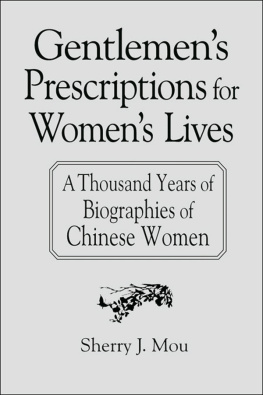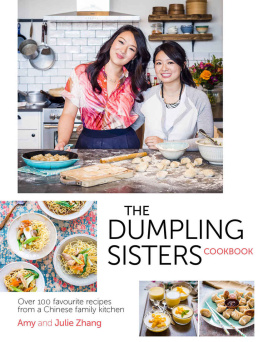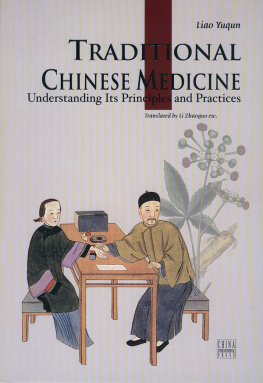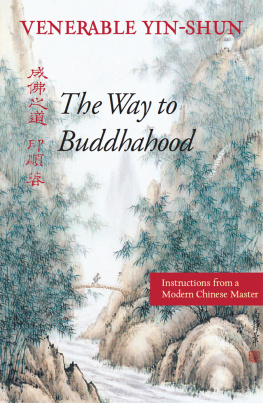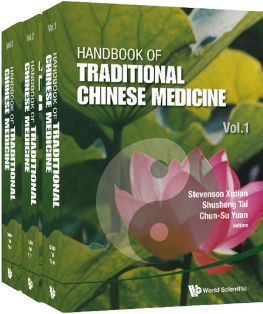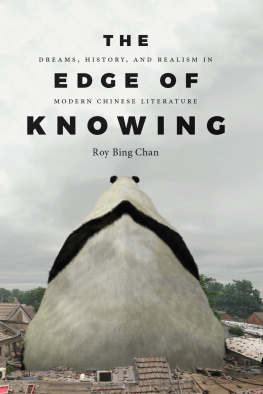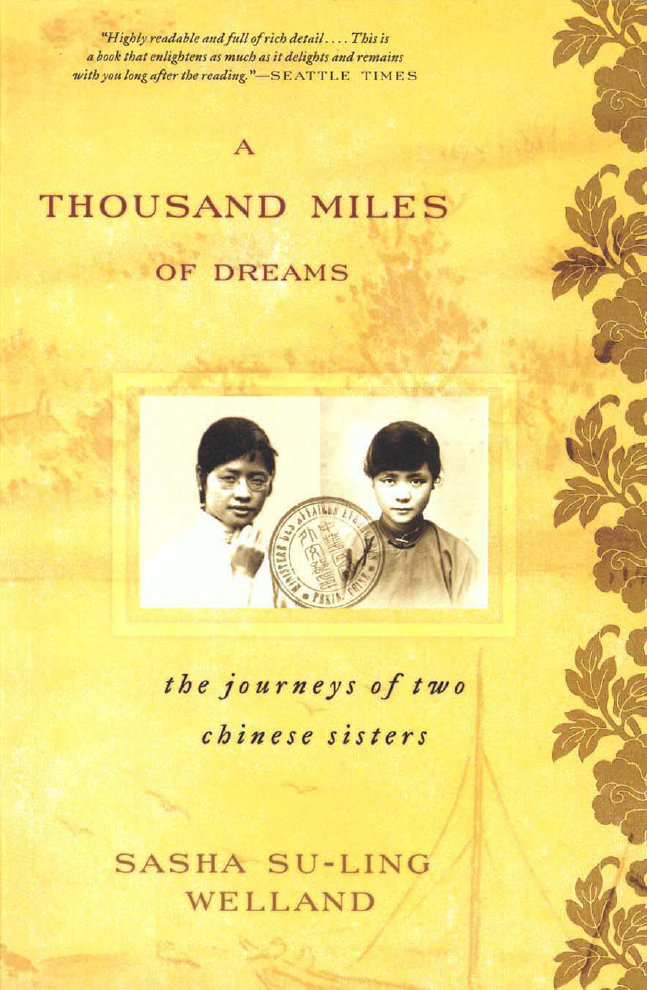About the Author
Sasha Su-Ling Welland grew up in St. Louis, Missouri. She received a PhD in anthropology from the University of California, Santa Cruz, for her research on contemporary art worlds in Beijing. She is currently assistant professor of anthropology and women studies at the University of Washington, Seattle. The Artist Trust, Blue Mountain Center, Bread Loaf Writers Conference, Hedgebrook Retreat for Women Writers, and Millay Colony for the Arts have supported her writing. This is her first book.
Acknowledgments
O ver the many years it took to write this book, I received help from numerous people. I wrote an essay containing the storys first kernel in Michael Cowans class. Tom Simmons and Tom McNeal convinced me to keep writing. Renato Rosaldo and Sylvia Yanagisako supported the project in its early phase. A Robert Golden Grant from Stanford University enabled initial research in China. Martha Huang guided me through my first days in Beijing. Li Ningning and her family opened their home to me for what has become more than a decade of friendship and lessons in language and culture. Virginia Dominguez pushed me to transform a thesis into a book. Nancy Chen and Gail Hershatter launched me on years more of research. Chen Xueyong, Fu Guangming, and Yukiyo Hoshino shared their research on Ling Shuhua. Guo Yuying, Pi Gongliang, and Zha Quanxing generously spoke with me about their memories of Wuhan University. Wenqing Kang found books for me without my even asking and served as Tianjin tour guide par excellence. Jennifer Choo, the Chinese Law Net discussion group, and Adine Varah helped me appreciate the cultural nuances of law. Shiho Satsuka assisted with Japanese translations. Shiho, Gabrielle Banks, Jennifer Feeley, Cynthia Gabriel, Mae Lee, Leah Mundell, and Scott Walker read drafts and sustained me with their insights. Wendy Call proved an indefatigable writing partner, to whom I remain grateful for friendship in words and spirit. Gail Hershatter, more than one could ever hope for in a mentor, opened the door for me to a rapidly expanding scholarship on women in China and gave invaluable feedback on matters large and small.
The assistance of librarians at Tate Britains Hyman Kreitman Research Center and the University of Sussex Special Collections was vital to my research. I am also grateful to Stephen Crook and Philip Milito at New York Public Librarys Berg Collection; Rosalind Moad and Patricia McGuire at Kings College Library, Cambridge; and Mindy S. Gordon at the Rockefeller Archive Center. A list of permissions to print published and unpublished materials appears at the back of the book. I also thank Abraham Parrish of the Yale University Library for his mapmaking expertise.
Residencies and scholarships at the Blue Mountain Center, Bread Loaf Writers Conference, Hedgebrook Retreat for Women Writers, Millay Colony for the Arts, and Helen Riaboff Whiteley Center provided the gift of time to focus on writing. A grant from the Artist Trust GAP Program helped defray costs for photographic reproductions. Rowman & Littlefield series editor Mark Seldon shepherded the project toward publication; I am thankful for his editorial wisdom and belief in the book. My editor Susan McEachern and her assistant Sarah Wood provided steadfast guidance and vision for crafting the manuscript into a book.
Most of all, my far-flung family remained unfailing in their support and patience. Ying and John Chinnery set many of the wheels in motion that made this project possible. I am deeply grateful to Chen Xiaoying (Ying Chinnery) for meals, materials, and her numerous efforts on my behalf, especially when my questions brought up difficult moments from the past. I have tried my utmost to do justice to her memories and the lives of her parents. Colin Chinnery and Liang Wei kept me going with their understanding. Chen Yonghua and his family welcomed me with warmth. Isabelle and James Tweedie Sr. nourished me with undiminished enthusiasm. Kara and Ruben Aya-Welland continually teach me what really matters. My deepest debts are to my grandmother, whose life fills these pages; my father, Grant Vincent Welland, for the love in his voice when he turned to me once after dinner with my grandmother and said, I wish you had known my mother; my mother, Mei Chen Welland, who strove to give me everything, especially the freedom to choose my own path; and James Tweedie, who traveled with me, in every way, through the entire journey of this book.
Epilogue: Return
I n the last chapter of Ancient Melodies, Amy and Shuhuas Feng cousins visit them in Tianjin. Both men have studied abroad, one in Europe, the other in Japan. They praise the sisters participation in the student movement and say to Li Ruolan, You see, Aunt, nowadays you must have some activities besides learning if you want to be superior to others. Men and women are alike, the competition is much more serious than in our day. During the course of their stay, they also convince Ling Fupeng to move back to Beijing, where his youngest daughters will be able to continue their education. Delighted, Shuhua and Amy run into the garden. A light dusting of snow covers the ornamental rocks, and Shuhua rhapsodizes about the city where she was born.
A beautiful carpet began to be woven in my mind. Its background was gold and silver. There were magnificent palaces, gardens decorated with flowers, peacocks, storks, and hawks. Golden fishes of various kinds swam in the lotus ponds; tree peonies which were taller than human beings grew everywhere and gave their gay touch of splendor. Kind and intimate faces were to be seen in the theatres, tea-houses, temples, and fairs of all kinds.... How fortunate I was to be able to go back to Peking!
Sixty-eight years later, at the age of eighty-nine, Shuhua discovered that her cancer had returned. Her left breast had been removed ten years earlier, but her doctors believed she wouldnt be able to survive another operation. Shuhua flew from London back to Beijing. At the airport, her son-in-law pushed her in a wheelchair to a waiting car. The driver sped through the city to Shijingshan Hospital, where she was admitted on December 1, 1989. Only six months earlier, student protests in Tiananmen Square had ended violently. As Shuhua lay dying, she enabled nurses and doctors to symbolically pay obeisance to a cohort of intellectuals denounced as bourgeois by the government that had recently opened fire on a new generation of students. At the side of her bed, they mourned one of their own, a young doctor caught by a bullet and numbered among the dead on June 4th. Shuhua received reporters who asked why she had returned home after all these years. She asked to eat snacks from every season of her childhood, and they brought pea flour cakes, mountain haw jelly, sesame seed pastries, scallion pancakes, and you tiao dipped in sweet, hot soy milk.
She wanted to see Ganmian Hutong, and they carried her to the old Ling property, which had become a kindergarten. She lay on a stretcher in the garden, where she once helped Lao Zhou ladle horse-hoof soup into the pots of orchids, and watched white clouds travel across a lapis blue sky. The faces of small children gathered around her; they touched her hands softly and held out tiny branches of crumpled cloth flowers. Her daughter had her carried through Beihai Park. The ponds had melted, and closed lotus blossoms had started pushing toward the waters surface. Soon their green leaves and strong pink flowers would cover the ponds, blossoms as big as boats!
She sat propped up in bed in a hospital room with green and white walls, filled with flowers, stuffed animals, and bottles of pain relievers, and looked at her daughter, son-in-law, granddaughter, and grandson. Theyd flown from Scotland and the United States, waiting while her body slowly betrayed the wandering poet still trapped inside. The last sentence she spoke was, I wont die.




